Back To School! Who Pays for School Supplies, Clothes and Fees? Indiana Child Support Guidelines
It’s time to go back to school and a survey found that the average amount spent on back-to-school supplies and clothes is approximately $600.00 per child. In terms of consumer spending, back-to-school shopping is only eclipsed by holiday shopping.
When parents are divorced, or were never married and live separately, who pays for the school supplies and clothes?
Some court/support orders set out who pays for what specifically in the order, but most do not. For those that do not, the default is that the primary custodial parent pays for these items. Why? Because that parent generally is the parent who receives support (for an exception read this ) the child support guidelines assume that the custodial parent bears these costs. In fact, the purchase of these items is one of the reasons the primary custodial parent receives child support.
However, if the parents share physical custody and there is not a primary custodian, then they must decide who is going to be responsible for the "controlled expenses". The guidelines define controlled expenses as follows:
Controlled Expenses. This type of expense for children is typically paid by the custodial parent and is not transferred or duplicated. Controlled expenses are items like clothing, education, school books and supplies, ordinary uninsured health care and personal care. For example, the custodial parent buys a winter coat for the child. The noncustodial parent will not buy another one. The custodial parent controls this type of expense. The controlled expenses account for 15% of the cost of raising the child. The parenting time credit is based on the more time the parents share, the more expenses are duplicated and transferred. The controlled expenses are not shared and remain with the parent that does not get the parenting time credit. Controlled expenses are generally not a consideration unless there is equal parenting time.
If you have a child in private school or some other type of special school these costs are considered separately. The guidelines call these "extraordinary educational expenses" and provide as follows:
Extraordinary educational expenses may be for elementary, secondary or post secondary education, and should be limited to reasonable and necessary expenses for attending private or special schools, institutions of higher learning, and trade, business or technical schools to meet the particular educational needs of the child.
Elementary and Secondary Education. If the expenses are related to elementary or secondary education, the court may want to consider whether the expense is the result of a personal preference of one parent or whether both parents concur; if the parties would have incurred the expense while the family was intact; and whether or not education of the same or higher quality is available at less cost.
In any case, the best practice as to school costs is to have the payment of these costs detailed in the support order. Otherwise, if the costs are to be shared, make sure the costs are discussed prior to being incurred so that each parent knows their responsibility. If an impasse occurs, mediation is a great way to resolve the dispute.
If you would like to discuss this matter further, please contact me at rcassman@chwlaw.com.


